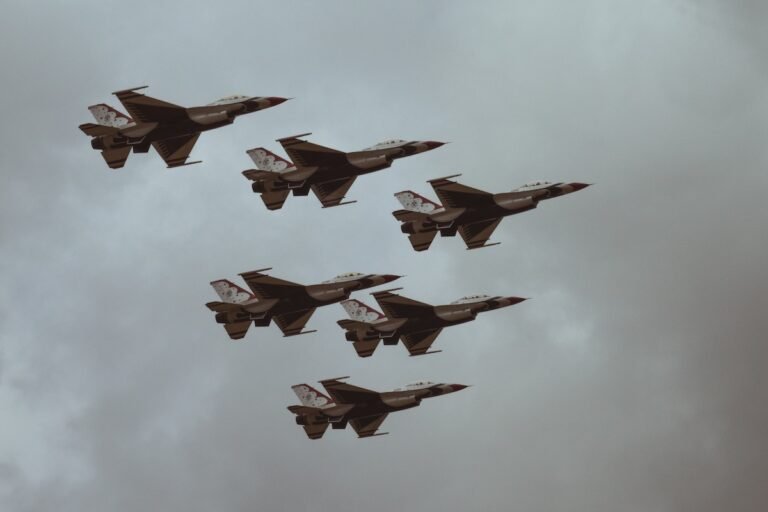
Your Sanctions & Export Controls Toolbox

Your Sanctions & Export Controls Toolbox

Latest developments regarding Russian sanctions
Introduction
In this blog post, we update you on the latest developments regarding the European Union (EU) and United States (US) sanctions programs and other sanctions against Russia. It highlights recent actions. Both those undertaken by the EU and the US to impose restrictions on entities involved in facilitating Russian military-industrial supply chains and to combat Russia’s use of 3rd-countries to circumvent export bans. We discuss possible actions being considered. Please note that the information provided is subject to change as the situation evolves. We advise you to consult official sources and updates from relevant authorities for the most up-to-date information on Russian sanctions.
Developments in the United States
OFAC recently added 130 companies and individuals through EO14024. These focus on entities in Turkey, Luxembourg, Switzerland, the United Arab Emirates and China. They are designed to target those involved in facilitating Russian military-industrial supply chains and Russian sanctions evaders. OFAC also separately identified a Russian virtual currency launderer. Also these in accordance with EO14024.
The US has issued four general licenses authorizing administrative transactions and settlement of such activities. These are General License 13G, General License 74, General License 75 and General License 76A.
The BIS has suspended the export privileges of individuals allegedly involved in a procurement scheme to obtain dual-use electronics for end users in Russia. Meanwhile, three people have been arrested.
Developments in the European Union
Currently, the European Union is preparing its 12th round of sanctions against Russia. The proposed package includes a ban on Russian diamonds. Although the extent of this ban is the subject of intense debate among member states. Other measures discussed include bans on imports of Russian materials and bans on exports of machinery, chemicals and technologies that could be used to support the Russian military base.
In addition, the EU is expected to crack down on Russia’s use of third-countries to circumvent export bans.
Interestingly, the EU has not yet taken action to ban imports of several Russian raw materials, such as aluminum, nickel, titanium and copper. It is expected that the EU will use its powers in Article 12f of Council Regulation (EU) No. 833/2014 . As to address the circumvention of export bans through third countries. The EU is considering requiring frozen Russian financial assets held by banks to transfer profits to the authorities. This is for investment toward the reconstruction of Ukraine.
While the new package is being worked on, the European Parliament has raised alarm over gaps in the current sanctions regime. Lack of enforcement and attempts to undermine sanctions. The EU has the opportunity to close those gaps with the announced 12th package.
Developments in other countries
Meanwhile, there have been developments in other countries regarding Russia. Australia has banned the export of machinery and parts to Russia, as previously announced. Switzerland amended the listings of more than 220 individuals and entities, correcting information and providing reasons for listing.
The United Kingdom announced new additions of 29 individuals and entities related to oil and strategic sectors. In addition, HM Treasury reported that 127 companies voluntarily reported violations of Russian sanctions. These companies, when acted in good faith and with appropriate due diligence, will not face severe penalties in their voluntary reporting.
Conclusion
The ongoing efforts by both the US and the EU to impose restrictions on entities involved in facilitating Russian military-industrial supply chains and to combat Russia’s use of third countries to circumvent export bans show the latest developments in Russian sanctions. These measures aim to put significant economic pressure on Russia. Deter its actions and promote accountability for its destabilizing actions in the international arena. By imposing these restrictions, the international community is sending a strong message to Russia. Its behavior will not be tolerated and there will be consequences for its actions.
It is crucial that the world community remain united and take a firm stand against Russia’s aggressive behavior so that it faces the consequences of its actions and international norms and rules are enforced. Together, these efforts help maintain regional stability and uphold the principles of international law.
If you would like more information about export control, sanctions and compliance and what it means for you, please contact Contact us.
Trade control compliance contact form
Your sanctions and export controls toolbox
If you have questions about our services or are interested, please contact us using our contact form. Our Trade Controls Compliance contact form allows you to leave your information with us, and we will contact you. If desired, you can already provide more details about your export control, supply chain security or trade compliance problem.
We treat your information carefully in accordance with privacy laws and strive to respond to your message within two business days.
Thank you for your interest in Trade Controls Compliance.
Of course, you can also contact us through our Trade Controls Compliance LinkedIn page or directly with Robert van de Ruit.